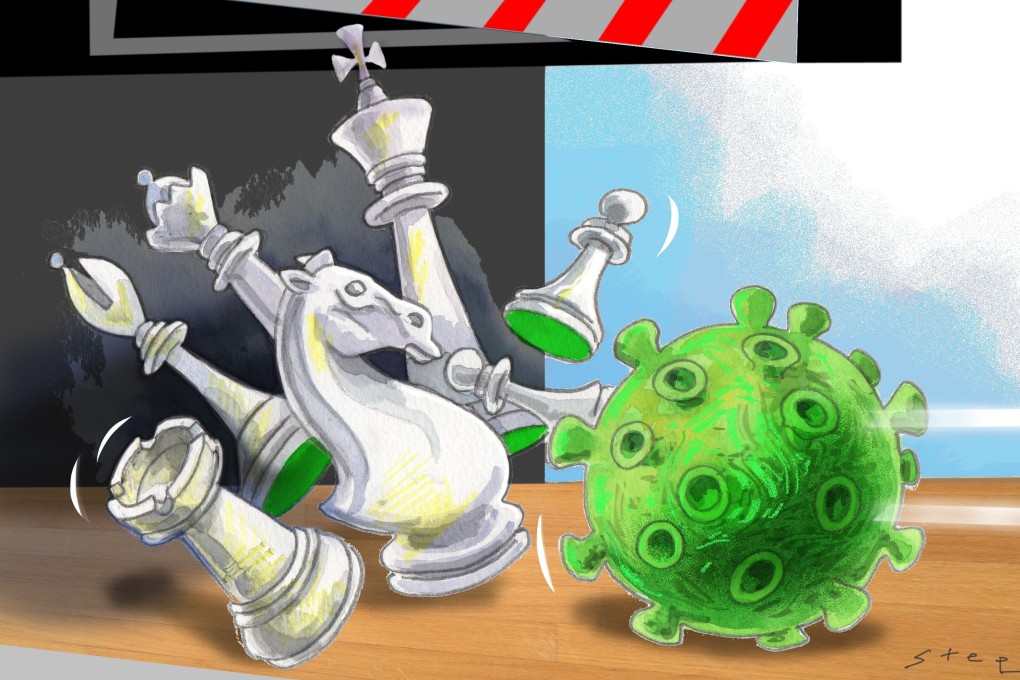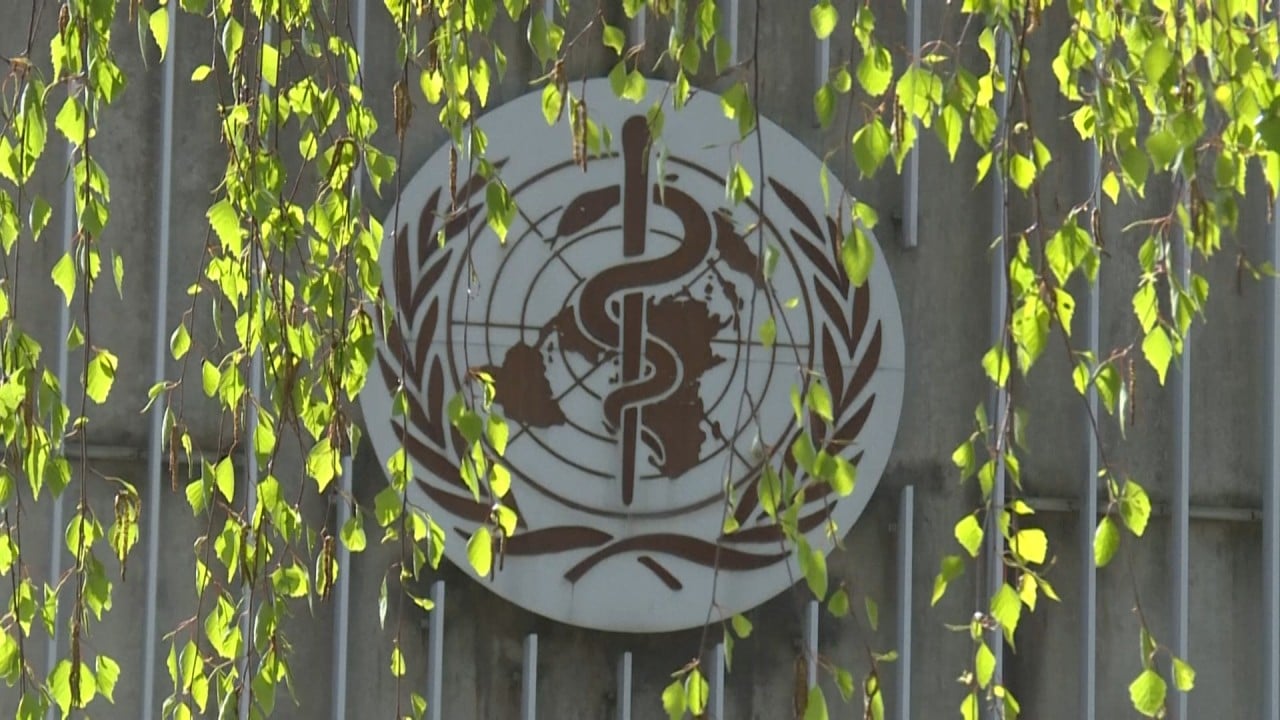Opinion | US-China rivalry will shape post-coronavirus world order while India and the EU struggle to keep pace
- Greater danger and fragmentation are expected as Russia keeps its place at the table of great powers, while Turkey and other regional powers vie for influence
- India must upgrade its diplomacy and accelerate its regional engagement and integration or it risks being consigned to long-term secondary status

As the post-pandemic global order emerges, fragmentation looms large across the geopolitical landscape. The US-China rift will widen as Beijing confronts American global influence and Asian neighbours head-on while exploiting weaknesses in Europe and much of the developing world.
The bottom line is that the new geopolitics reflects an increasingly complex and fragmented global landscape where uncertainty dominates a far more dangerous world. This is compounded by a generation of leaders worldwide largely short on long-term vision and strategic thinking.
Under President Xi Jinping, the Communist Party aggressively reinforces the perception of national unity at home and abroad. This was recently underlined at China’s annual parliamentary gathering. Apart from quelling domestic dissent, the party is actively exerting enormous diplomatic and economic pressure on overseas criticism.

02:37
WHO members including China back investigation of UN body’s response to the Covid-19 pandemic

